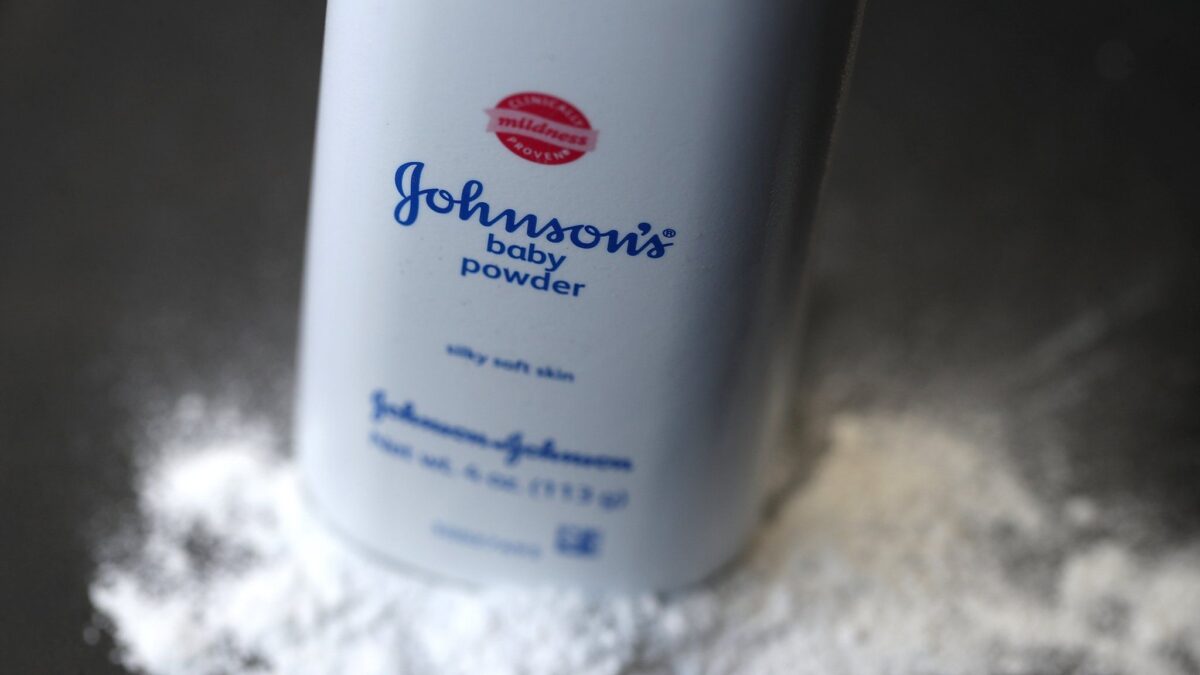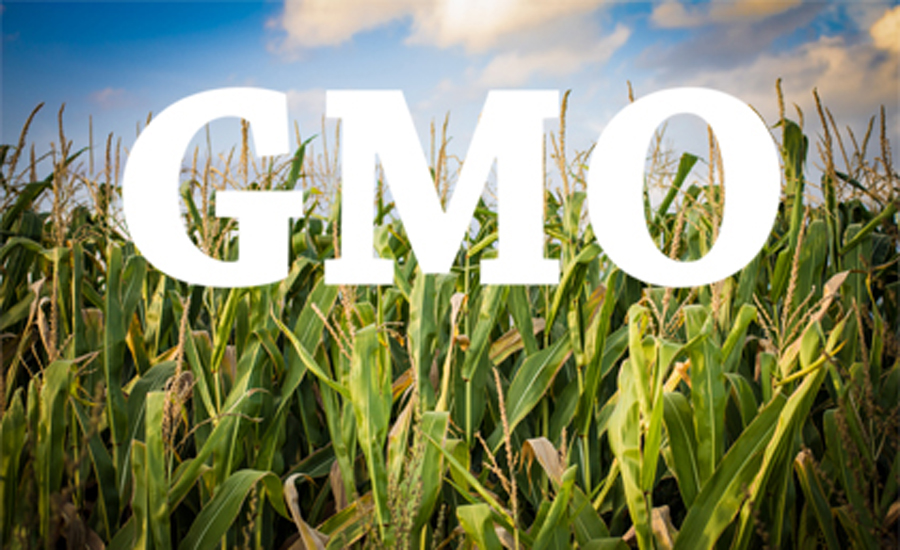In a bold move, Zimbabwe’s Ministry of Health and Child Care has declared an immediate prohibition on the importation, distribution, and sale of baby powder products manufactured by the renowned US international firm, Johnson & Johnson. This decisive action is in response to mounting concerns about the potential health hazards associated with the asbestos contamination discovered in the company’s widely recognized product. As a consequence, numerous lawsuits have been filed by individuals who have unfortunately suffered adverse effects from these condemned products.
Secretary for Health and Child Care, Jasper Chimedza, delivered an official statement emphasizing the swift implementation of the ban. He affirmed, “The Ministry of Health and Child Care is unequivocally banning the importation, distribution, and sale of Johnson and Johnson’s baby powder containing the talc (talcum powder) ingredient effective immediately.”
Historically, traditional baby powders have incorporated talc, a mineral that has occasionally been found to be contaminated with asbestos. Exposure to asbestos is a scientifically proven cause of mesothelioma, a rare form of cancer affecting the mesothelial tissue.
Following a thorough investigation confirming the presence of this dreaded ingredient in the circulating J&J baby powder products within the Zimbabwean market, the health ministry has urgently called upon Environmental Health Officers and Technicians to promptly eliminate all Johnson & Johnson baby powders from circulation.
It is noteworthy that in 2022, Johnson & Johnson announced its intention to discontinue the use of talc as an ingredient in their manufacturing process. This strategic move was prompted by the company’s proposed settlement of US$8.9 billion, aimed at resolving the numerous lawsuits arising from talc-related litigation. The settlement, however, is still subject to approval by a bankruptcy court.
Zimbabwe is not the first African nation to enact a ban on these particular products. Tanzania Bureau of Standards took the decisive step of prohibiting importation and exportation on April 19, 2023. Nonetheless, it is worth mentioning that the Johnson & Johnson baby powder products remain popular in South Africa. Given the substantial volume of health products imported from our neighboring country, there remains a significant risk that contaminated baby products may still find their way into the Zimbabwean market.
The Ministry of Health and Child Care is steadfast in its commitment to safeguarding the well-being of its citizens. By taking this resolute action, the government aims to ensure that the health and safety of the Zimbabwean population are not compromised by potentially harmful products.














